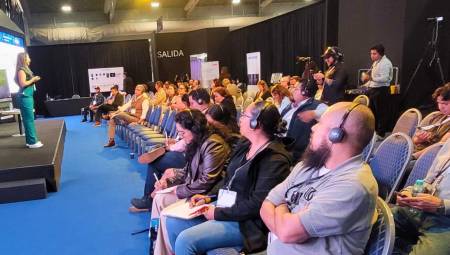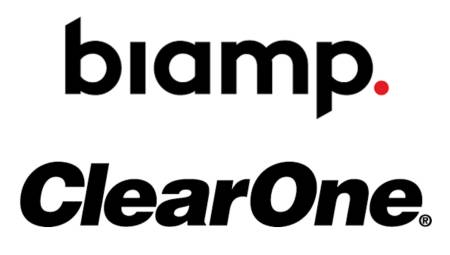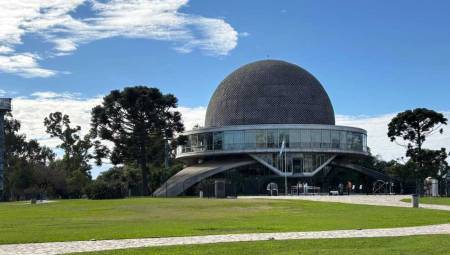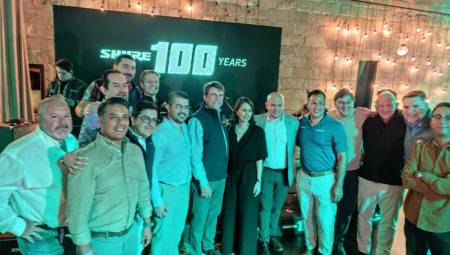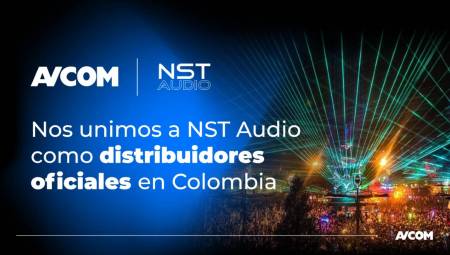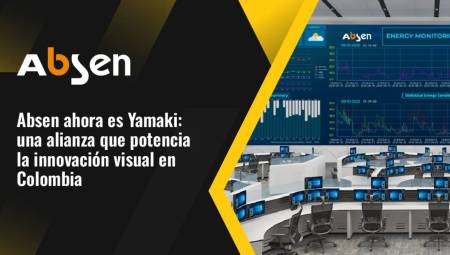 Latin America. When we talk about smart cities, we always emphasize the need to have a holistic vision, to understand the city as a complex organism with multiple ramifications. And for this it is necessary to continue incorporating for monitoring, evaluation and knowledge the different realities that make up the day to day of our cities.
Latin America. When we talk about smart cities, we always emphasize the need to have a holistic vision, to understand the city as a complex organism with multiple ramifications. And for this it is necessary to continue incorporating for monitoring, evaluation and knowledge the different realities that make up the day to day of our cities.
An example of this is the publication within the framework of the National Plan of Smart Territories of the call for Internal Objects of the City (Smart Buildings) of Red.es. With a budget of 30 million euros, its objective is the development of actions aimed at the treatment of buildings as internal objects of the smart city and their integration into it.
Under the umbrella of the name of Internal Objects of the City, complex and diverse realities are framed, such as railway and bus stations, ports, public buildings, singular and historic buildings or residential buildings, and also airports.
The framework of the smart city model is expanded and does so in an area in which Ikusi can contribute its double experience in technological solutions for both cities and airports. Two realities that the new model of smart cities visualizes as interrelated.
Urban Management Platforms, from data to information
But the interrelation necessarily involves overcoming the compartmentalization of information, which is why the National Plan for Smart Territories also provides for the incorporation of urban management platforms that make a global vision of the city a reality.
Ikusi has developed its own platform. This is Spider, a tool that allows the integration of information from different sources and agents to implement monitoring, analysis and prediction processes, in such a way that it generates the necessary information to know the state and evolution of the city as a whole and that at the same time allows a detailed monitoring of the different processes that support the policies and measures aimed at achieving a more sustainable and smart city.
All information processed by Spider is displayed in the appropriate format to facilitate the management of urban services by the corresponding municipal departments. To do this, the tool is modeled and configured to the objectives and requirements of each city, generating a Dashboard to monitor the performance of each vertical area of the city, indicators to analyze in detail each service and personalized reports to digitize the analyses carried out and share the information between different departments.
This urban management platform thus makes the holistic vision of the city a reality, overcomes the compartmentalization of information, promoting smart cities, going from the different 'parts' that form it to the whole.
Text written by Marina López Barea, Account Manager Smart Cities of Ikusi.





























































































